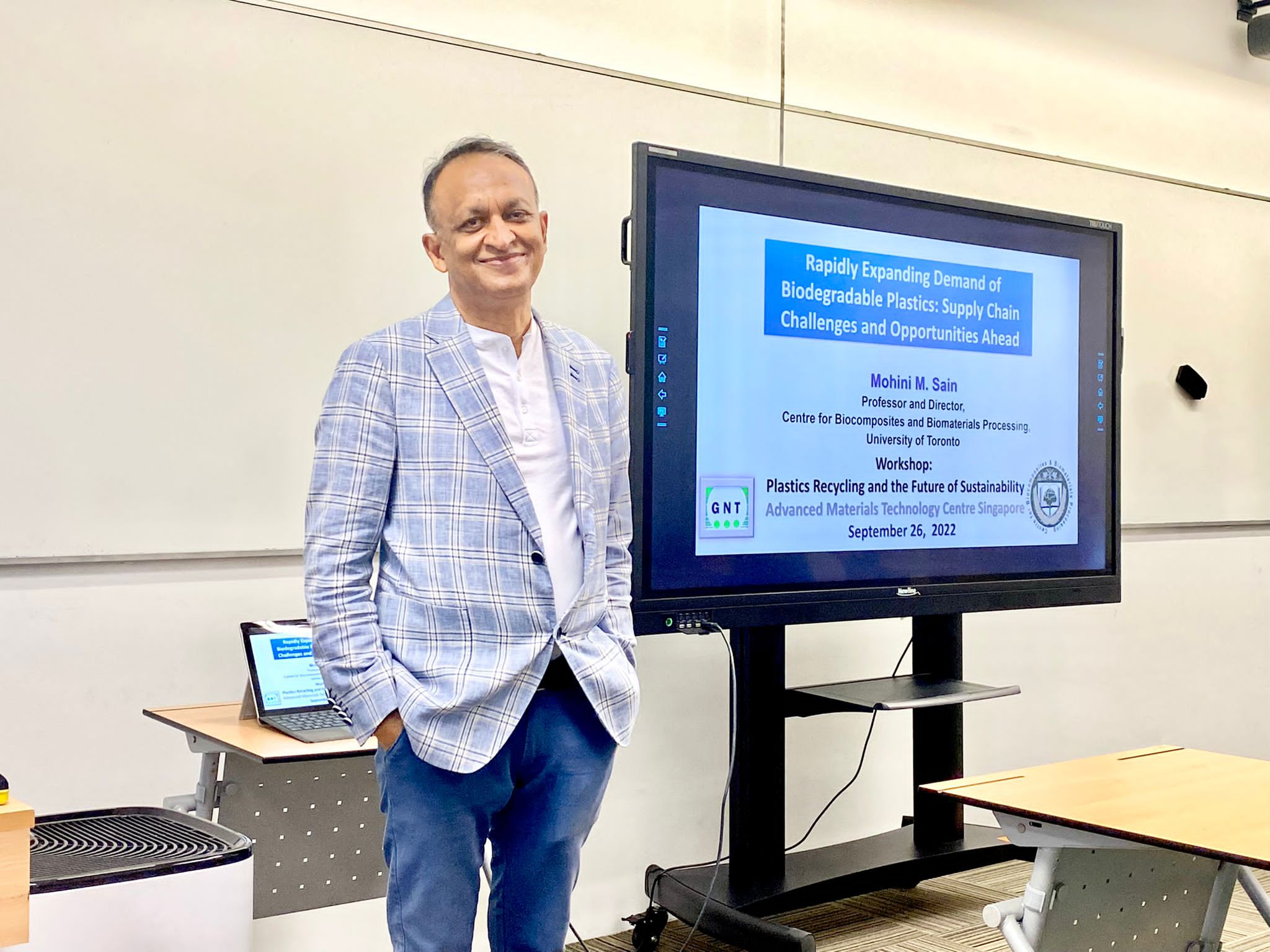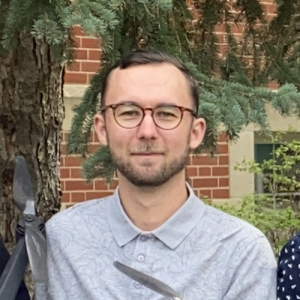At WFI, we are pursuing collaborations at various academic institutions across Canada. We are excited to continue learning more about the Whitefeather Forest and the different ways that we can better understand and steward these ancestral lands.


Dr. Mohini Sain
University of Toronto
The Centre for Biocomposites and Biomaterials Processing (CBBP) @ the University of Toronto team is led by Dr. Mohini Sain. It is partnering with WFI to explore cutting-edge technology will help us to diversify our forest management system to improve the livelihood of our First Nations community with in-house energy system. This project will also establish the future sustainability in battery technology surpassing the current target to help Canada to meet the ‘zero-emission’ goal by 2050.
Both WFI and CBBP are working together on the sustainable materials to promote the Canadian economy from forestry to energy sector. The partnership in biobattery project is the epitome of how sustainable forest management can contribute to technological advancement in energy devices. This project shows the potential utilization of waste wood biomass into designed biocarbon architecture for stand-alone battery system development. Chemical catalysis of woody biomass with unique compositions to functionalized biocarbon as a unique electrode with controlled electrical conductivity and pore structure address the challenges of advanced electrochemical and structural integrity, safety and weight issues in modern batteries.
Addressing the knowledge gaps regarding structural tuning and electrical attributes as well as promoting the graphitization and microstructural evolution of biocarbon enhance the output from longer charging and discharging cycles, improved power and current density.
Dr. Jenn Beverly
University of Alberta
Dr. Beverly is an Associate Professor in the Department of Renewable Resources at the University of Alberta and has been studying wildfires for over 25 years. She holds MSc and PhD degrees from the Faculty of Forestry, University of Toronto, and an Honours BES from the University of Waterloo. She is a fire behaviour specialist, a former Ontario Fire Ranger, and a former federal government research scientist.
Dr. Beverly’s mission is to develop practical, insightful, and accessible tools and approaches for decision makers working to ensure social and ecological systems thrive in fire prone environments. Her fire research studies have addressed a wide range of topics including post-fire ecological effects, fire behavior prediction, fuels measurement, fire-climate interactions, wildfire evacuations, escaped fires, values-at-risk mapping, and strategic fire risk assessment at both community and landscape scales.
Dr. Beverly’s method for community wildfire exposure assessment is promoted nationally by FireSmart Canada and her simple metric of landscape fire exposure
is being used by multiple provincial fire management agencies. In recent years, her research has also been broadly applied by a range of practitioners including consultancies and the North American insurance industry.




Dr. Jeff Boisvert & Liam Bennet
University of AlbertA
Jeff Boisvert is a professor in Civil and Environmental Engineering at the University of Alberta, co-director of the Centre for Computational Geostatistics (CCG), and a paid-on-call firefighter. His research interests concentrate on spatial modeling, geostatistics, numerical modeling, uncertainty management, and artificial intelligence in mining, petroleum, and wildland fire applications. In this context, numerical modeling is concerned with generating a set of spatial models of variables such as fuels, fire behavior, hazards, etc. with a focus on making important operational, engineering, and economic decisions that consider uncertainty.
Liam is a Research Associate in Spatial Modeling (Department of Civil and Environmental Engineering) at the University of Alberta. His work focuses on practical machine learning and data science applications for remote sensing data (drone, aerial, and satellite) to solve geospatial problems and support decision-making, with an emphasis on forestry and wildfire science.
Dr. Patrick James
University of Toronto
The James lab is led by Dr. Patrick James in the Institute of Forestry and Conservation at the University of Toronto. Broadly his research focuses on forest disturbance dynamics with particular emphasis on insect outbreak dynamics, wildfire, climate change, and forest sustainability. He leads the “Improving Forest Fuels Characterization using Lidar” research program through the Wildfire Resilient Futures Initiative. Research in the James Lab uses a broad range of analytical, empirical, and simulation approaches to better understand complex forest ecosystem dynamics, at broad spatial and temporal scales.
Léo Jourdan is a Research Assistant in the James Lab at the University of Toronto’s Institute of Forestry and Conservation and is the project coordinator for the “Improving Forest Fuels Characterization using Lidar” research program. Léo has a BSc in Computer Science and Mathematics, and recently completed his MScF degree at the University of Toronto, in which he characterized fuels using Terrestrial Lidar, and studied the impact of jack pine budworm outbreaks on fuel structure.



